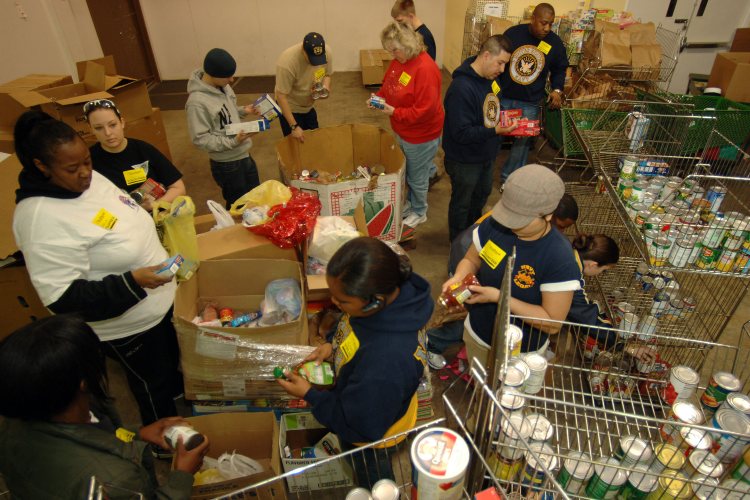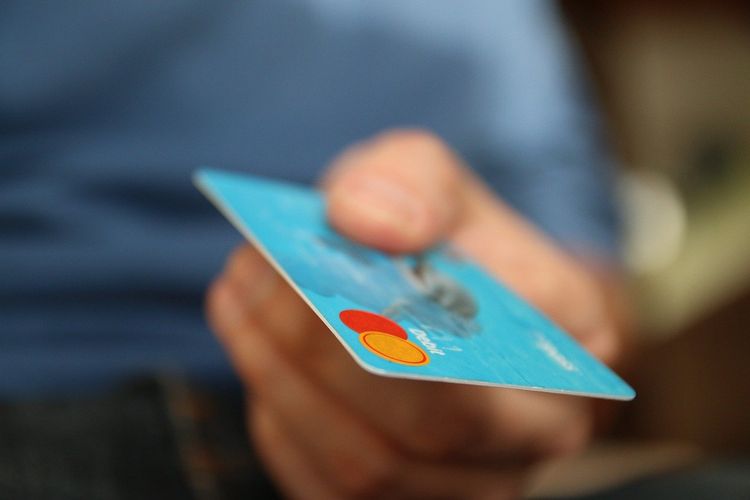How Do You Get A Small Loan When Disaster Strikes?
You’re just going along, living life (maybe even living the dream), and out of the blue the unexpected happens.
A car accident totals your car. A medical problem sidelines you, forcing you out of work for months. A dependable job suddenly no longer exists because the company shuttered its doors. And there you are, looking to borrow money or take out a loan to cover expenses until the tide turns.
Life’s hardships are, well, hard enough without compounding them with a bad loan with staggering terms – we’re talking about you, payday loans. According to the Consumer Financial Protection Bureau, this type of loan comes at a steep price – usually $15 per $100 borrowed from a storefront lender. In APR terms, that’s nearly 400%. Ouch.
Here are some better ways you can manage bill paying and monetary obligations until your financial situation improves:

Request An Advanced Paycheck From Your Employer Or Ask Family For A Loan
Some employers are willing to pay employees money they’ve already earned before the end of the next payment cycle, especially in the case of an individual or family emergency.
Sometimes this is the simplest, easiest route to go, but be sure to work out a clear repayment agreement to avoid any future stress or tension about the sum you owe and how you’ll pay it back.

Seek Financial Assistance From Local Nonprofit Organizations
These types of organizations and groups may offer financial assistance and low-interest loans for those who need help paying for essentials like rent and utilities. Additionally, they might have advisers on hand that can suggest methods for handling your financial emergency.
Arrange A Payment Plan With Merchants Or Medical Providers
Talk with those to whom you owe money and ask if you can arrange a payment plan. In many instances, people will agree to a mutually beneficial payment plan that demonstrates you’re making a good-faith effort to make good on your debts.
Earn Additional Income Through A Side Gig Or Sell Some Of Your Stuff For Quick Cash
Check into taking on a side hustle with companies such as DoorDash, Uber, Rover, Lyft, and others. A side gig can offer a quick way to earn extra money to cover essential bills. Take a look at any stuff you have around your home that you no longer need or want. You can list items such as furniture, electronic devices, textbooks, yard equipment, exercise equipment, and more on websites such as Facebook Marketplace, Craigslist, and eBay.

Check Out A Credit Union Or Sign Up For A Low-Interest Credit Card
Because they’re not-for-profit institutions, credit unions usually have lower fees than other lenders, and often lend to applicants who don’t have perfect credit. For federally regulated credit unions, the maximum APR on a personal loan is capped at 18%, although it’s not unusual to pay half that or less. Credit unions also offer payday alternative loans (PALs) for smaller amounts. PALs can’t charge an interest rate higher than 10 percentage points above the rates of other loans (so they top out at 28% APR), and the maximum application fee is just $20. You’ll need to sign up as a credit union member before you can secure a loan.
While this might be a quick and easy way to pay for an emergency bill, it works best if you’re able to quickly pay off the card’s balance in full. If you carry a balance for an extended period of time, you’ll end up paying a significant amount in interest. Seek out a low-interest card or one with an introductory 0% interest offer, and make sure the no-interest term allows for a sufficient amount of time for you to pay off the card.

Try An Online Lender Or Secure A Loan From A Big Bank
Typically, an online lender can get you a loan fast — often by the following business day. In many instances, online lenders may be willing to work with you even if you don’t have perfect credit. Just watch out for high “origination” fees as well as prepayment penalties if you try to pay the loan off ahead of schedule. The website Fiona lets you compare rates from multiple lenders, with no hidden fees.
Some big banks, such as Citibank, as well as local and regional banks offer small personal loans. Many large national banks, however, don’t offer personal loans at all, or they may offer loans that start at several thousand dollars.
